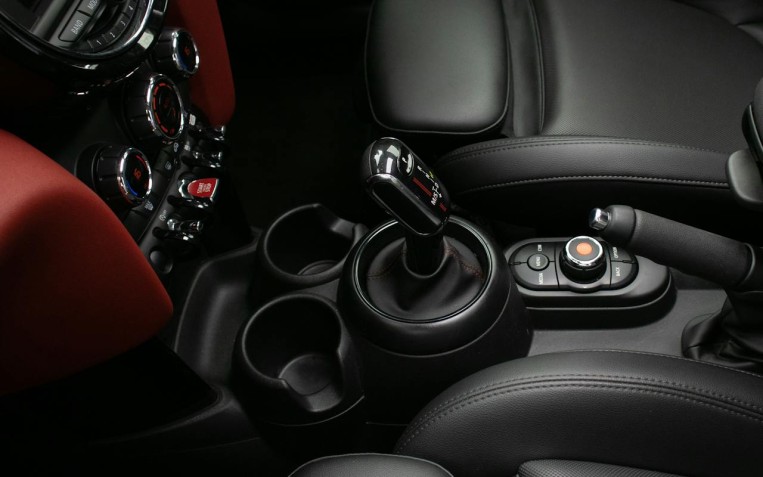How much is road tax for my car?

The cost rates of vehicle tax are based on various factors, including:
- Engine size
- Fuel type
- When the vehicle was registered
- CO2 emissions
It's also worth noting that other types of vehicles also have their own tax rates.
So, what is my car tax?
To find out how much your car road tax is, visit GOV.uk. Alternatively, if you want to learn if your vehicle is taxed and when your road tax is due, use this GOV.uk link.
What is vehicle tax?
Your vehicle's road tax, or more formally known as vehicle tax, is based on the vehicle's CO2 emissions that are recorded the first time it is registered. Typically, the higher the vehicle's CO2 emissions are, the higher your road tax is likely to be.
Vehicle Tax is also known as Vehicle Excise Duty (VED) - and is compulsory to pay for anyone who wants to drive or park their cars on the road in the UK. Car tax originally paid for our roads - which is how the name 'road tax' was formed - but now vehicle tax is paid into the central government fund, used to fund multiple ventures that the nation benefits from. So, how much is road tax in the UK?
How much is car road tax?
How is my car tax determined?
Car tax is directly linked to your vehicle - and this cost varies depending on vehicle age, it's list price and carbon emissions. This also depends on when your vehicle was registered - here's how it works if your car was first registered on the below dates:
- On or after 1 April 2020 - if your car was registered in this period, you'll pay a rate based on the vehicles CO2 emissions. However, if the car does not meet the Real Driving Emissions 2 (RDE2) standard, this means you will have to pay a higher rate.
- Between 1 April 2017 and 31 March 2020 - if your car was registered during this time, there are 2 different payments. The first payment or "showroom tax"- which is based on the official CO2 figures when the car was built. This is followed by an annual renewal based on the fuel type. Additionally, there is a premium for vehicles, with a list price of over £40,000 (excluding zero emission vehicles).
- Between 1 March 2001 and 31 March 2017 - if your car was registered during this period, what you'll pay will be based on the car's official CO2 emissions and fuel type.
- Before 1 March 2001 - during this period, the road tax you pay will depend on the engine size.
For vehicles which are over 40 years old, there is no road tax to pay - and cars built after 31 March 1980 are tax exempt, but still need to be registered with the DVLA.
For more information on how much your road tax is, visit GOV.uk to view vehicle tax rate tables in more detail.
Now you know what vehicle tax is and how to find out how much your road tax will cost you, ensure all your other motoring checks are up to date. Book in for your MOT test online, schedule in your car service or take a look at our other services which will help with your vehicle maintenance.
Related Content

Should I have soft or stiff suspension springs for my vehicle?
Suspension springs are essential for maintaining your vehicle’s stability and ride height. Over time, the springs will succumb to wear and tear, which affects how your car handles, brakes and accelerates on the road. Discover whether you should...

What is engine braking?
Engine braking involves taking your foot off the accelerator pedal, allowing your car to slow down. Over time, the parts on your vehicle’s braki...

A guide to the different types of car clutches
The clutch is responsible for channelling the power from the engine, through to the gearbox, and the wheels. Your vehicle's clutch will differ dependi...

